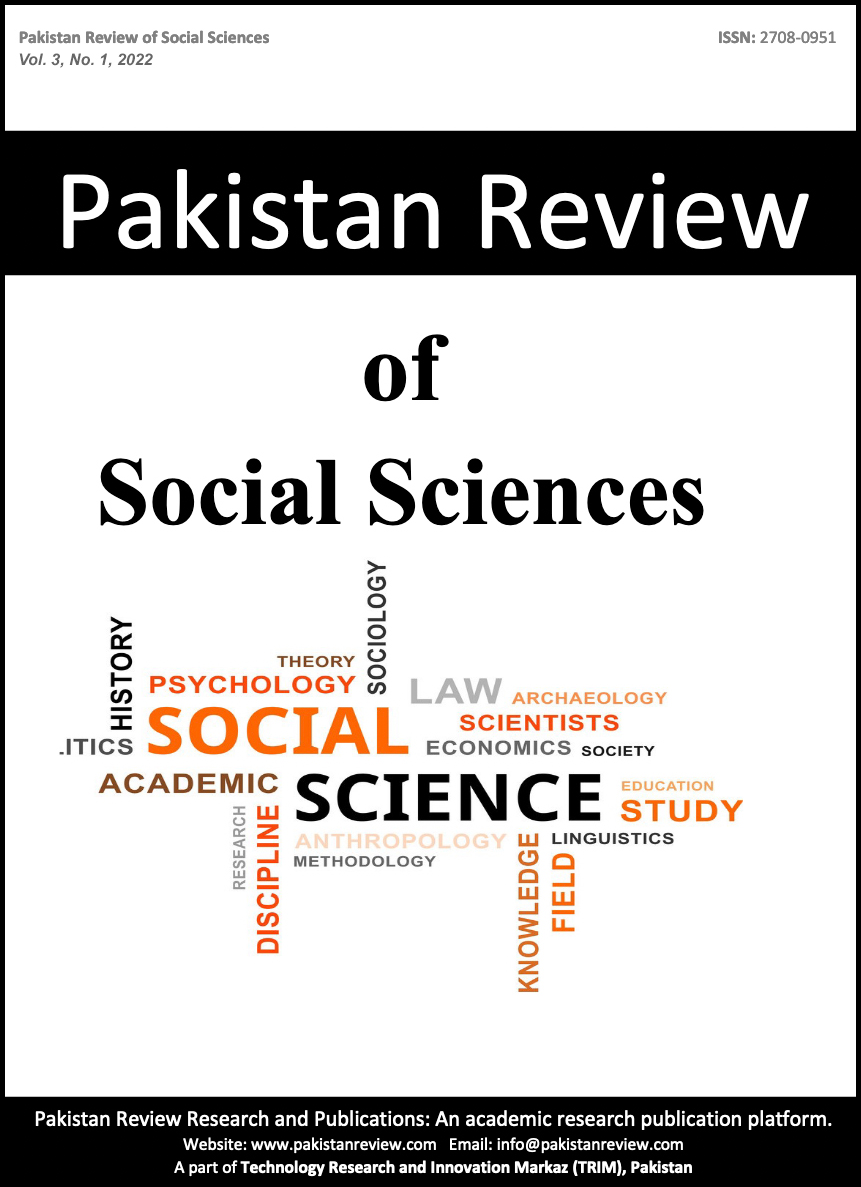A qualitative study on the effect of linguistic discrimination on the students of Iqra University.
Keywords:
linguistics discrimination, undergrads, academic performance, negative evaluation. Low self-esteem, isolation, discriminatory attitude.Abstract
This research is an attempt to investigate the impact of linguistic discrimination on the academic performance of BS level students in Iqra University Islamabad. Linguistic discrimination is defined as the ideologies and practices which are used to legitimate, regulate and reproduce an unequal division of power and resources defined on the basis of language. Academic performance is how well a student meets the standard set by the institution. These standard includes grades, oral and written tests, presentation performance, homework completion and participating in class activities. The objective of the study is how linguistic discrimination impacts the academic performance of undergrads. In order to achieve the objective, qualitative research design was used. For the purpose of data collection, interview were conducted on 20 undergrads students of Iqra University Islamabad. Using content analysis method, Findings of the research indicate that linguistic discrimination most likely affects student’s performance in ways like fear of negative evaluation, restricts communication with others, isolation, low self-esteem and discriminatory jokes by fellow students. This research can be very useful for the university authorities in creating a policy that could address the issues faced by students due to linguistic discrimination.
linguistics discrimination, undergrads, academic performance, negative evaluation. Low self-esteem, isolation, discriminatory attitude.
Downloads
Published
Issue
Section
License
Submission declaration
Authors retain the copyright to their work and grant the Pakistan Review of Social Sciences (PRSS) the right of first publication under a Creative Commons Attribution 4.0 International (CC BY 4.0) license. This license allows others to share, adapt, and reuse the work for any purpose, including commercial use, as long as appropriate credit is given to the original authors and the journal.
By submitting a manuscript, authors confirm that the work has not been published previously (except as an abstract, lecture, or academic thesis), is not under review elsewhere, and has been approved by all authors and relevant authorities. Once accepted, the article will be openly accessible under the CC BY 4.0 license, ensuring wide dissemination and reuse with proper attribution.






